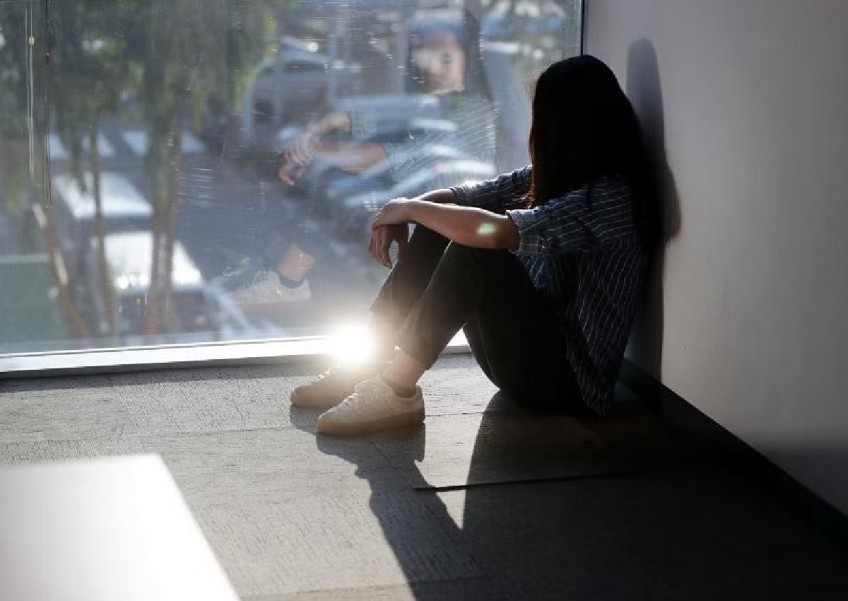Facility for young people, more doctors: Singapore launches national mental health and well-being strategy


 PUBLISHED ONOctober 06, 2023 10:35 AMByClaudia Tan
PUBLISHED ONOctober 06, 2023 10:35 AMByClaudia TanMore primary and community mental health services will be developed to meet the increasing needs of Singapore's population, said the Ministry of Health (MOH) and the Ministry of Social and Family Development (MSF) on Thursday (Oct 5).
In a joint press release, the two ministries announced the launch of Singapore's National Mental Health and Well-Being Strategy, which aims to create an effective ecosystem to help those with mental health needs seek help without stigma and support them in their recovery.
One of the four focus areas of this strategy is the expanding the capacity of mental health services in the country.
This will be done by extending the provision of mental health services to all new polyclinics by 2030. Presently, 17 out of 24 existing polyclinics provide mental health services.
More General Practitioners (GPs) will also be trained to provide mental health services. These GPs will be onboarded through the Mental Health General Practitioner Partnership (MHGPP), and will be augmented by community mental health teams to provide counselling and psychological services.
There are currently over 400 GPs who are trained to manage mental health cases and work closely with the Community Intervention Teams and hospitals to meet their patients' mental health needs.
The strategy will also see the set up of two new psychiatric nursing homes and a psychiatric rehabilitation home by 2030.
Besides expanding primary care capacity, MOH also intends to develop other first-stop touchpoints such as a national mental health helpline and text service.
The other focus areas of the strategy are:
Under the strategy, mental health support will now be organised into four tiers under the Tier Care Model, to cater to the severity of individuals' mental health needs.
This is to "deal with the entire spectrum of mental health and well-being," said Senior Minister of State for Health Dr Janil Puthucheary, who also chairs the inter-agency taskforce on Mental Health and Well-being.
These range from community-led mental health promotion at Tier one, to hospital care and specialist clinics at Tier four.
This model will also lay the foundation for further enhancements to Singapore's mental health care ecosystem.
Elaborating on the model, Dr Janil said: "Not every mental health issue needs to be addressed by psychiatrists… So the tiered care model organises our mental health services according to the severity of needs, across the health, the social and the educational settings."
“We want to make sure that we use our resources and services appropriately to provide care access to all the clients, avoid over-medicalising these mental health issues and ultimately reduce the stigma."
A National Mental Health Office will also be established by 2025. The office will comprise officers from the health, social and education sectors, who will oversee the implementation of the strategy and future mental health care developments.
In April, a study done by the National University of Singapore (NUS) found that one in 10 adolescents met the criteria for at least one mental health disorder.
The same survey also showed that there is a gap in parents' understanding of such issues. While one in three adolescents reported signs of distress, only one in 10 parents observed such symptoms.
To bridge this gap, a Parents' Toolbox is being developed to empower and equip parents with personalised knowledge and skills to build strong parent-child relationships and strengthen their children’s mental well-being and resilience, said the taskforce.
The toolbox is expected to launch in early 2024.
The taskforce also acknowledged that not all youths with suicide risk have a mental health condition. Instead, some of the triggers for suicide tend to be psycho-social stressors such as difficult relationships with family members or romantic partners, it said.
As such, there are also plans to pilot an intermediate residential facility for young people aged 10 and 19 who are at risk of suicide or severe self-harm.
READ ALSO: MOH proposes matching mental healthcare to severity of patient's needs
claudiatan@asiaone.com